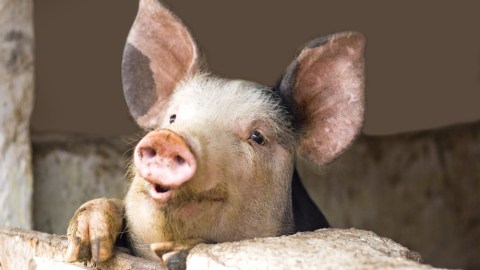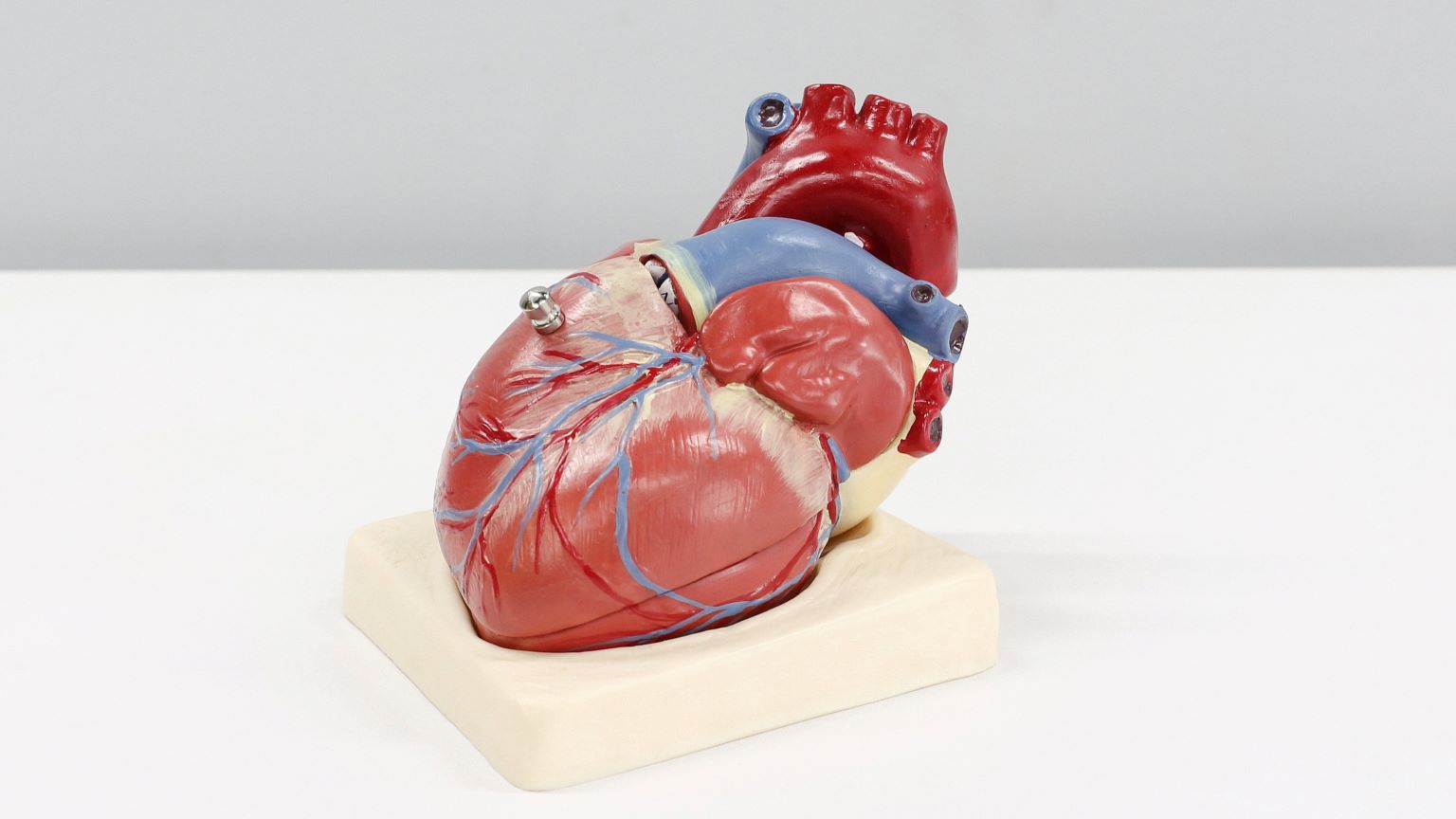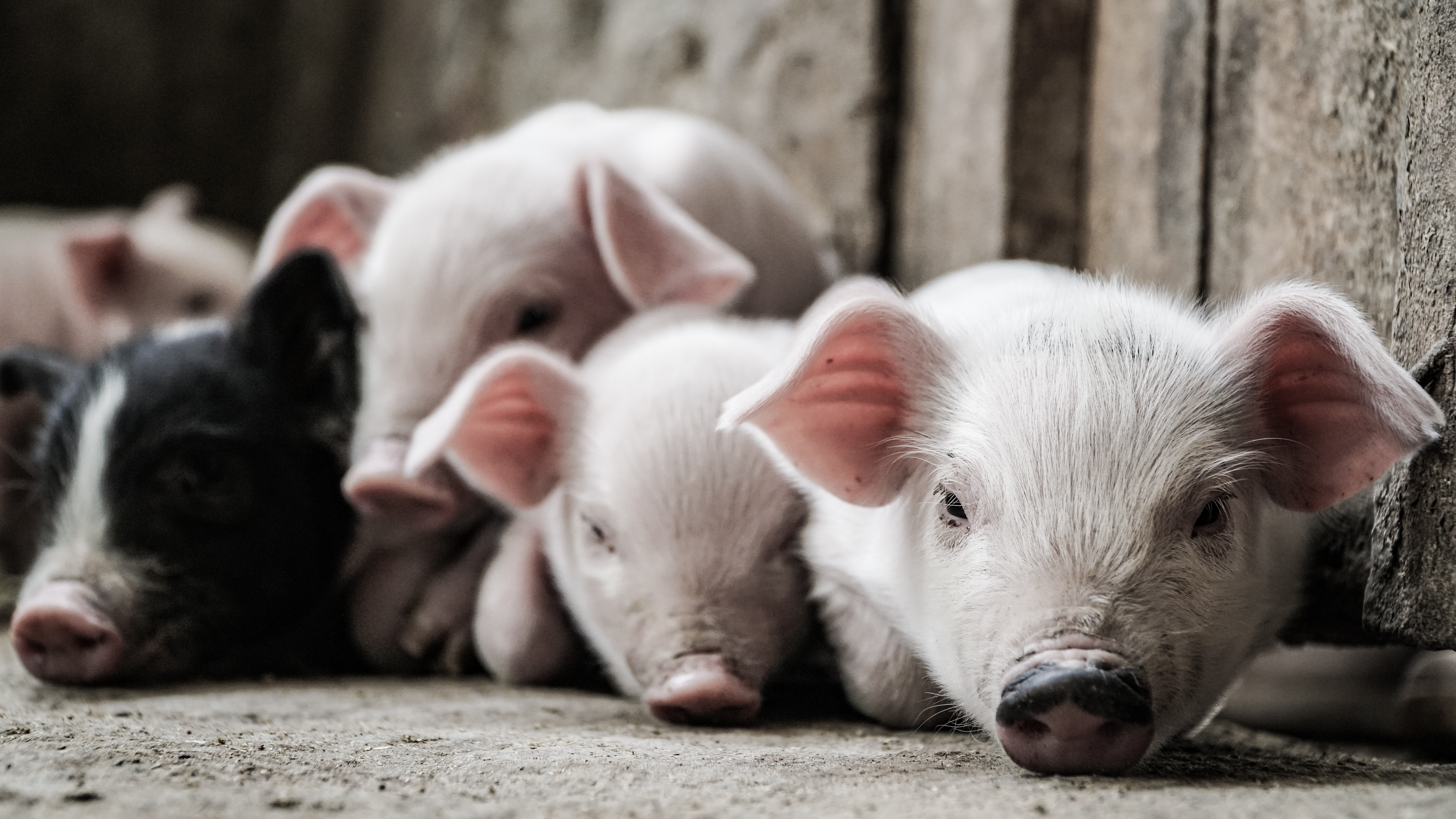Japan Creates a Pig that Grows Human Organs

What’s the Latest Development?
Animals called chimeras, which grow human organs ranging from the liver to the brain, are under development in Japan as a way of harvesting organs for transplant. Bioethicists have already voiced concerns over animals that share uniquely human characteristics, including animals with human sperm or eggs or a non-human primate with a humanized brain. “The Japanese team claims that their technique rules out the possibility of creating a pig with human gonads or brain, but that remains an untested claim. If the technique fails, the boundary will be crossed.”
What’s the Big Idea?
The UK Academy of Medical Sciences has already weighed in on the issue of animals containing human material in a report published two years ago. The report concluded that most research on chimeras is permitted under existing laws, but it did identify some experiments which should not yet be done. The goal of chimeras, for now, is to create human organs available for transplant. “There are also looming questions of animal welfare. To satisfy the demand for organs would require the sacrifice of about a million pigs a year. Of course, any ethical concerns must be weighed against the potential benefits for human health and life.”
Photo credit: Shutterstock.com





